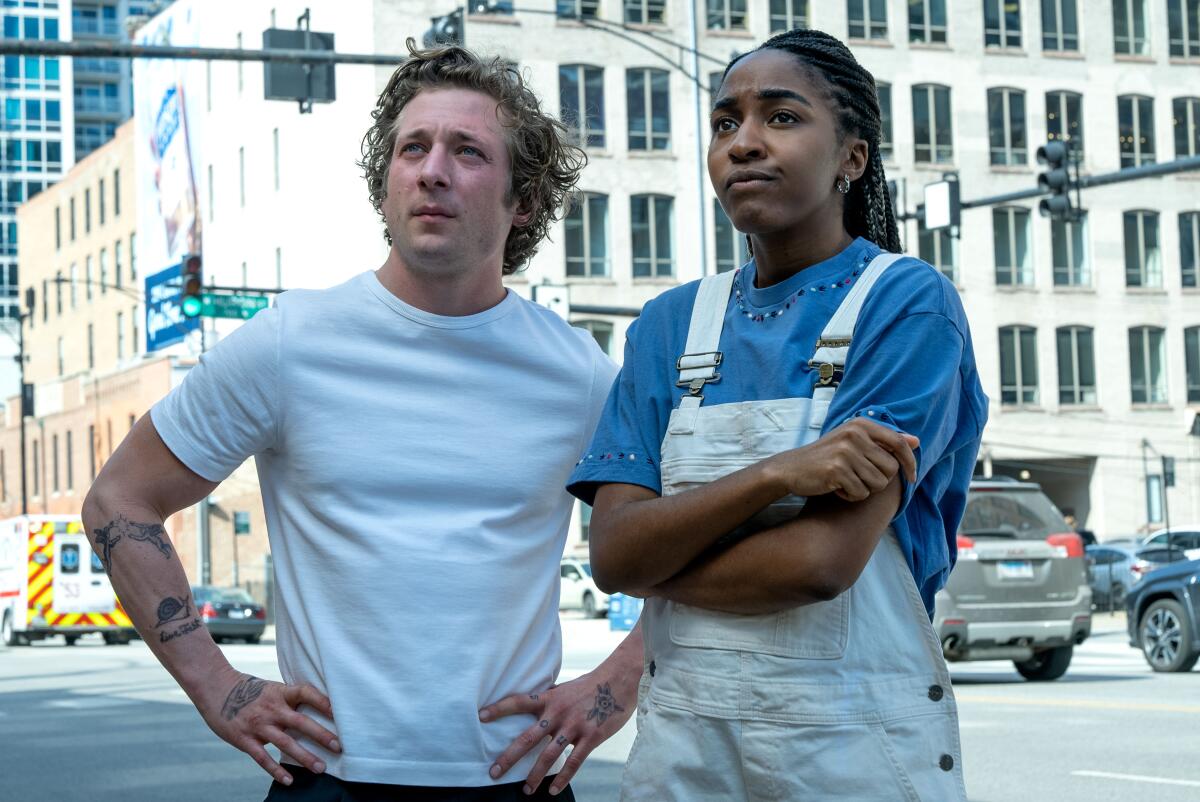Is it ever acceptable to use ethnic, religious, or racial slurs in contemporary art? This question resonates deeply in today's cultural landscape, particularly in the realm of television. The show "The Bear," created by Christopher Storer, has sparked significant conversation around this topic, especially with its bold narrative choices and rich character development. As audiences engage with its storylines, they are prompted to reflect not just on the humor, but also on the implications of the words used by its characters.
Recently, I delved into Season 2 of "The Bear," which focuses on Carmy Berzatto, a chef grappling with his late brother's legacy while trying to elevate a struggling Chicago sandwich shop. This show stands out not only for its engaging plot but also for its ability to challenge viewers’ perceptions regarding the use of language in a comedic context. The phrase "Yes, chef," a hallmark of the kitchen environment, has become a cultural catchphrase, symbolizing respect and acknowledgment in the culinary world.
As the characters navigate their challenges, they encounter situations where language becomes a focal point of discussion. For instance, in one episode, a character references "Jewish lightning," prompting mixed reactions from colleagues. This moment serves as a microcosm of a larger debate: when does humor cross the line into harmful stereotypes? It raises important questions about societal norms and the responsibility of artists to their audiences.

The context within which slurs are used in "The Bear" is critical. Characters like Richie Jerimovich, a sandwich maker, illustrate the tension between cultural references and ethical considerations. While he attempts to navigate his own growth, the show challenges viewers to examine their own perceptions of language and its impact on society. This exploration is essential in understanding how comedy can reflect, and sometimes distort, cultural sensitivities.
Ultimately, "The Bear" serves as a springboard for essential conversations about language, humor, and the fine line artists walk in portraying sensitive subjects. As we engage with such content, we are reminded of the importance of context and intention in shaping our understanding of the narratives we consume.
Key Takeaways
- The use of ethnic slurs in art, particularly in television, provokes important discussions about cultural sensitivity.
- Context matters: the characters’ backgrounds and intentions influence how language is perceived.
- Shows like "The Bear" can challenge viewers to reflect on their own beliefs and reactions toward stereotypes.
- The balance between humor and harm is delicate and requires thoughtful consideration from creators

Scrabble Will Ban Racial and Ethnic Slurs From Tournaments and Game

Driver charged with running over and killing 81yearold Latino man

Tragic Maverick on Twitter "RT KetanJ0 I pasted your exact query in

